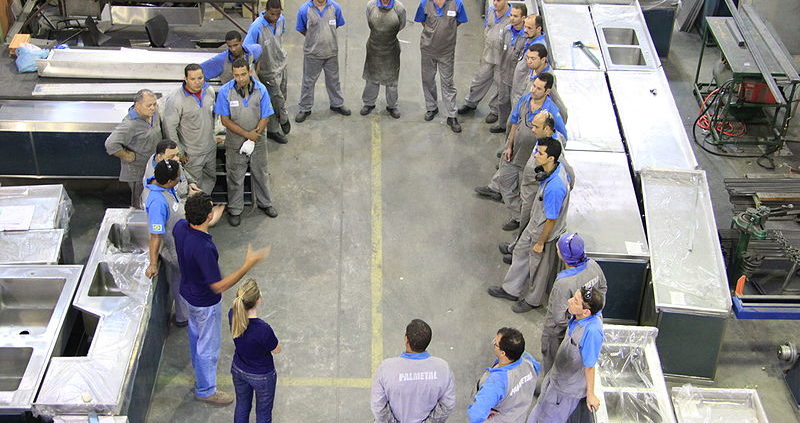2018 Runner Up: The American Institute for Innovative Apprenticeship: Expanding Apprenticeships in Massachusetts
Making Apprenticeships Marketable and Viable in Massachusetts with AIIA
Two specific trends have been identified as causing problems for college graduates: first, student loan debt is becoming increasingly unmanageable; and second, college graduates do not necessarily have the training they need to be competitive workers in the U.S. labor force. College graduates are struggling to make loan payments, yet the degrees they earned are not helping them get jobs.
Massachusetts specifically faces a challenge with two-year community college graduation and household income and wage inequality. The skills gap and debt crisis will require years of work to combat fully, however, the American Institute for Innovative Apprenticeship (AIIA) has already begun work towards remedying both issues.
AIIA promotes apprenticeships in place of traditional postsecondary education routes because they introduce students to on-the-job training at an earlier age. Young students can continue to take classroom-based courses while they earn money at an apprenticeship so they lessen the burden of student debt and also become more desirable workers.
A multifaceted proposal from AIIA offers detailed guidelines for establishing effective apprenticeship programs in Massachusetts. An important aspect of the development of apprenticeships is branding them as viable alternatives to traditional conceptions of postsecondary education like community college or four-year university. One aspect of the marketing plan is including apprenticeships in state and local governmental agencies, so that the state government is included in cultivating young, skilled workers in fields such as information technology, administration, accounting, and healthcare.
The proposal is affordable for the government and participants. State government educational funds could be reallocated toward apprenticeship programs instead of exclusively classroom-based programs. Also, partnerships between employers and community colleges could allow apprentices to earn college credit for their work hours, which would reduce the student’s payment to the college and reduce the cost of classroom-time at the school. Apprenticeships are also attractive to employers because they give companies an opportunity to train younger employees before they become full-time employees.
The public-private coalition would address the skills mismatch between the workforce and employers by allowing employers to train younger workers to their specific needs and the student debt crisis by creating opportunities for students to earn an income while they complete their education.
Pioneer Institute congratulates Dr. Robert I. Lerman, Institute Fellow at Urban Institute and founder of the American Institute for Innovative Apprenticeship, on his winning submission.

Learn more about this program in the Compendium of Winning Entries. Watch the video here:




Leave a Reply
Want to join the discussion?Feel free to contribute!